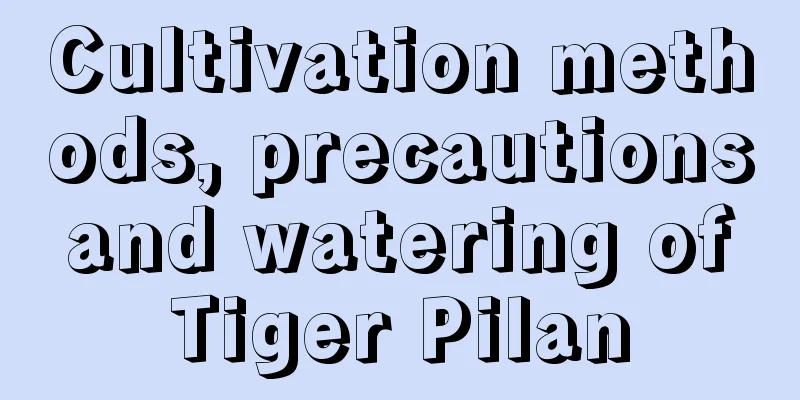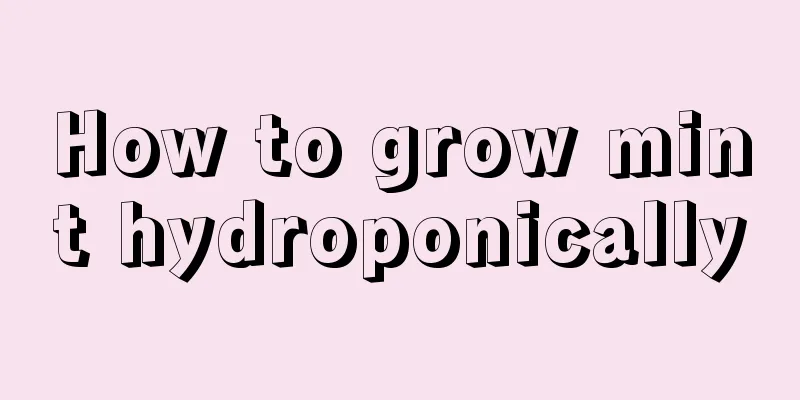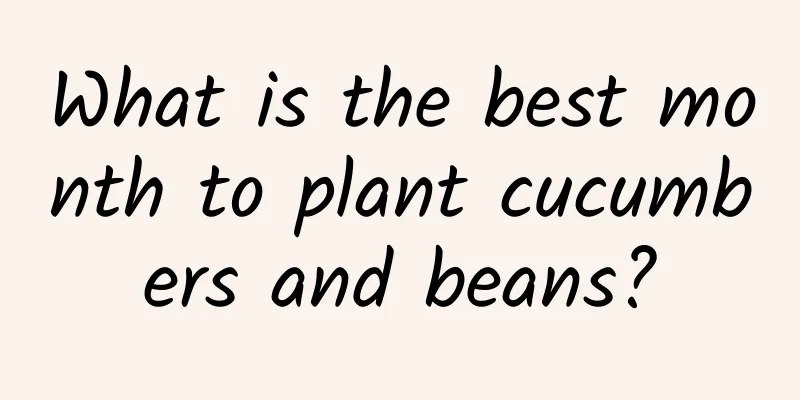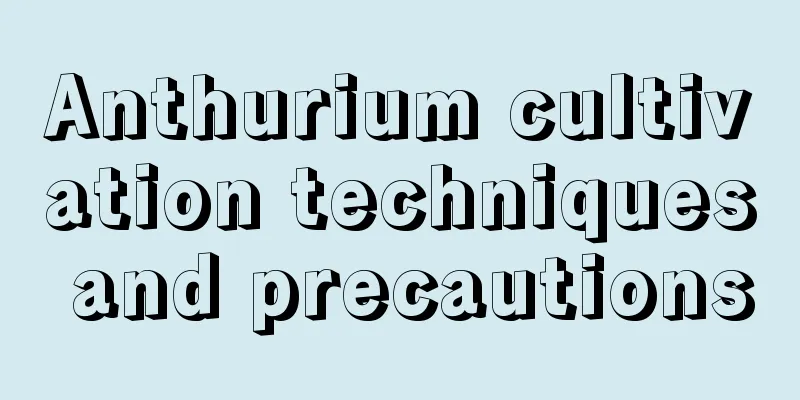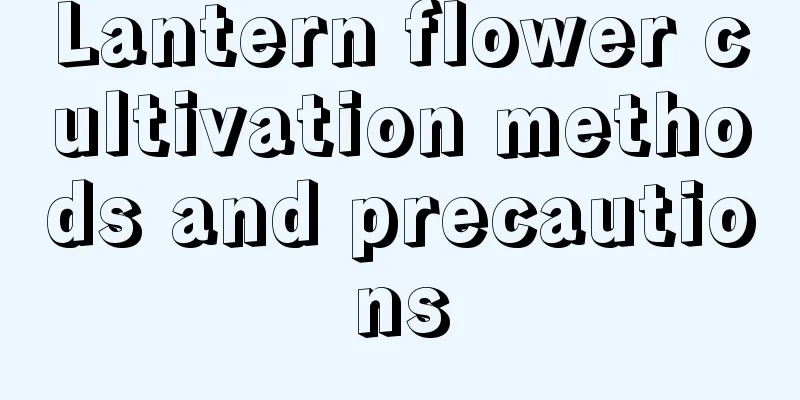What fertilizers are most taboo for eggplant (what are the precautions for the fertilizers needed for high yield of eggplant)
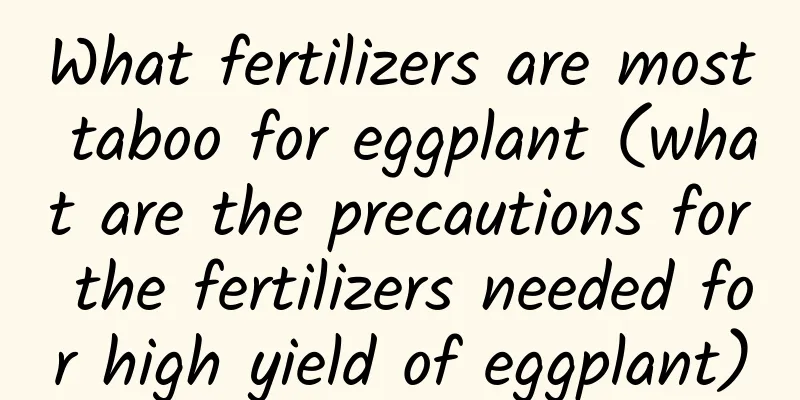
|
Eggplant has a relatively large demand for fertilizer, and its fertilizer requirements vary at different growth stages. Whether it is balanced water-soluble fertilizer, high-phosphorus water-soluble fertilizer or high-potassium water-soluble fertilizer, it needs to be applied at a specific time. In addition, eggplants need to pay attention to several fertilizers that should not be applied during the fertilization process. 1. Undecomposed organic fertilizerOrganic fertilizer is an important component of the base fertilizer applied to eggplant. Its main function is to loosen the soil, improve soil fertility, and provide a long-term fertilizer basis for the growth of eggplant. However, if the organic fertilizer is not fully decomposed, it will cause great side effects, because the undecomposed organic fertilizer contains a lot of pathogens and insect eggs, so if it is not fully decomposed, it will spread pests and diseases. In addition, uncomposted organic fertilizer will release a lot of heat in the soil, affecting crop growth. 2. Fertilizers containing chlorineWe all know that large amounts of chlorine cannot be applied to Solanaceae crops, and eggplant is no exception, because chlorine will affect the growth and development of eggplant, such as potassium chloride. If applied for a long time, too much chlorine will accumulate in the soil, and the eggplant yield will eventually decrease, and the quality and quality will also decline. In addition, excessive residual chlorine in the soil or the formation of soil compaction will cause soil decalcification, which is not conducive to the later growth of crops and also affects subsequent soil remediation. 3. No use of ammonium carbonateAfter the application of urea ammonium fertilizer, a large amount of ammonia will be produced in the greenhouse, which is an unfavorable factor for the growth of eggplant, so try to use less urea ammonium fertilizer, and you can apply water-soluble fertilizer, compound fertilizer, etc. 4. Diammonium phosphate reductionThe main component of diammonium phosphate is phosphorus, but eggplant's demand for phosphorus is relatively small. If the soil is deficient in phosphorus, it can be used. If the soil is normal, then diammonium phosphate is not needed, or it can be used in small amounts. 5. Precautions for topdressingEggplant needs to be fertilized several times during the growth stage, among which balanced water-soluble fertilizer has the highest utilization rate, followed by high potassium and high phosphorus water-soluble fertilizers. It should be noted that eggplant has relatively low demand for phosphorus and potassium, so phosphorus and potassium fertilizers are needed for a period of time after flowering, and then the amount of phosphorus and potassium fertilizers should be gradually reduced. 6. Application of zinc and iron elementsMedium and trace elements are also necessary for the growth of eggplant, but the amount used is relatively small, especially medium and trace elements such as zinc and iron. Fertilization should be carried out according to the principle of foliar spraying, and the amount should not be too much to avoid burning the leaves. |
>>: What fertilizer should be used to grow sweet and crisp cucumbers (how to fertilize cucumbers)
Recommend
Jade butterfly blooms?
Jade butterfly blossoms The flowers of the Jade B...
The difference between Jade Lotus and Thousand Buddha Hands
1. Different plant types The two succulent plants...
How to grow Money Rolling Succulent? Is Money Rolling Succulent easy to grow?
There are many varieties of succulent plants, wit...
The correct cultivation method of Brazilian wood
The Brazilian wood, also known as the Dracaena fr...
How to cultivate orange trees
Orange Tree Growing Conditions The orange tree li...
The spider plant he grew was two fingers wide and its leaves never dried up or turned yellow, all because he did this!
1. How to grow spider plants to 2 meters wide 1. ...
What are the cultivation methods and precautions of green diamonds?
Green diamond breeding method Green Diamond belon...
She grew one kind of flower to the point where it was invincible, better than 10 other people’s gardens!
Margaret Margarite is a kind of flower that Huahu...
How to deal with water ingress into the leaf core of Cymbidium orchid
What happens when water enters the leaf core of a...
How to Plant Lemon Mint Seeds
Lemon Mint Seeds Introduction Generally, the seed...
How to make water and drought bonsai (with pictures)
Water and drought bonsai production: material sel...
Does lemon like shade or sunshine? What are the requirements for light?
Does lemon prefer shade or sun? Lemon is a common...
Cultivation methods and precautions of calla lily potted plants
1. Breeding methods 1. Temperature: It is best to...
How to propagate money tree by cuttings
1. Cutting time The leaves of the money tree can ...
How many years does it take for mango to bear fruit?
Introduction to Mango Planting Mango prefers a wa...
